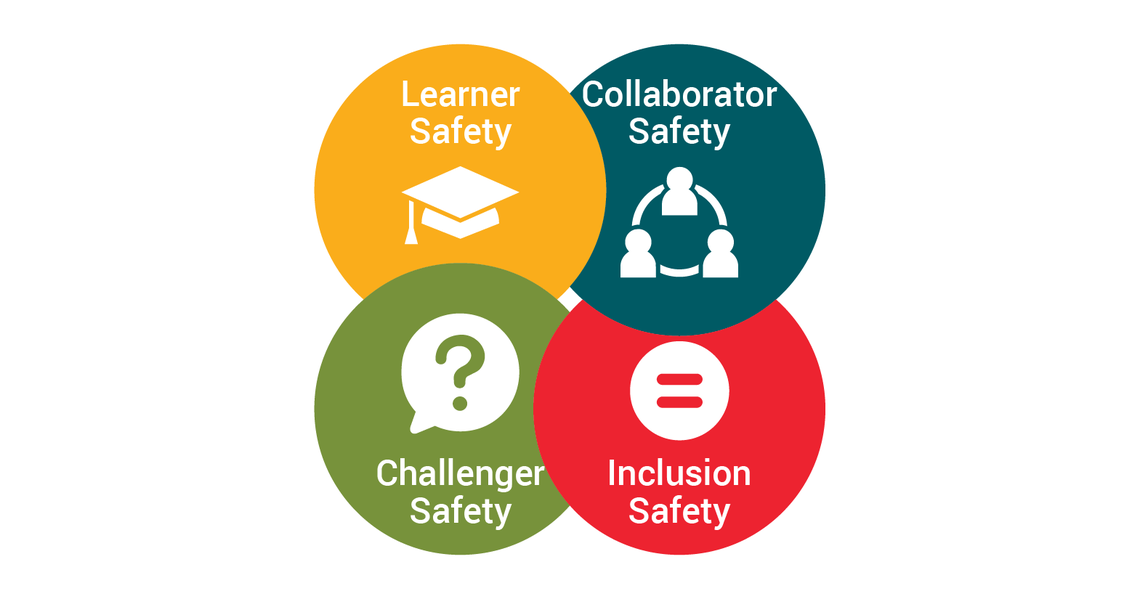
High-Performance Culture: Energy vs Time Management
achieving personal productivity and maintaining well-being are top priorities for many. Two crucial concepts that play significant roles in this pursuit are TimeManagement and EnergyManagement. While often intertwined, these concepts are distinct in their focus and strategies.
Time Management is all about how we allocate and prioritize our precious hours to accomplish tasks and meet our goals. It's a relentless quest for efficiency, ensuring that deadlines are met and important objectives are achieved. Strategies like setting priorities, creating schedules, and minimizing distractions are at the core of effective time management. The result? Increased #Productivity and the ability to achieve more within the same time frame.
On the other hand, Energy Management centers around optimizing our physical, mental, and emotional energy levels. It's about sustaining focus, engagement, and overall well-being throughout our tasks. By getting enough rest, maintaining a balanced diet, staying physically active, and practicing mindfulness, we can harness our energy for better decision-making and improved mental and emotional health.

High-Performance Culture: Time Blocking
Are you tired of constantly feeling overwhelmed by an endless to-do list and the constant barrage of emails, meetings, and tasks vying for your attention? It's time to take control of your day and boost your productivity with a simple yet highly effective technique: time blocking.
#TimeBlocking is a game-changer in the world of time management. It involves scheduling specific blocks of time for different tasks or activities, allowing you to create a structured and focused workday. By grouping similar tasks together, you can enhance your concentration, minimize distractions, and increase overall efficiency.
In the fast-paced world of office work, where demands are constantly shifting, time blocking provides a lifeline. Here's a glimpse into how you can leverage this technique to regain control of your day and make the most of your valuable time.

Performance Management: Competency
Competencies are the building blocks of success, encompassing a rich blend of knowledge, skills, abilities, behaviors, and attributes. In our latest blog post, we delve into the vital role these elements play in various domains, from professional careers to personal growth. Discover how competencies drive effective performance and help organizations thrive in today's dynamic landscape. Join us on a journey of self-improvement and organizational excellence. #Competency #OrganizationalCulture

Performance Management: Iceberg Model of Competency
Discover the Iceberg Model of Competency: In this metaphorical representation, competencies mirror icebergs, with visible behaviors and skills representing the tip, while hidden attitudes, beliefs, and traits form the colossal base. Uncovering these concealed components, such as work ethics, emotional intelligence, and personal values, is essential, as they wield immense influence on an individual's performance and effectiveness.
To truly understand and optimize competencies, organizations must embrace both the observable and hidden elements, transcending surface assessments to unlock an individual's full potential and achieve excellence in the workplace.

Psychological Safety: The Pathway to High-Performing Teams
High-performing teams need psychological safety because it allows team members to feel comfortable sharing their ideas and perspectives without fear of negative consequences.
When team members feel comfortable speaking up and sharing their ideas, it leads to better communication, more diverse perspectives, and ultimately better decision-making. This can result in improved performance and innovation.
On the other hand, when team members shut up and do not speak up, it can lead to groupthink, missed opportunities, and errors. It can also lead to a lack of trust and a lack of confidence in the team's ability to effectively problem-solve.

Psychological Safety: The Four Levels
There are four levels of psychological safety commonly used to describe the various stages of psychological safety in a team. Each level builds on the previous one. It is important for a team to strive for all four levels to achieve a high level of psychological safety. Additionally, it's not a one-time achievement, but rather a continuous process that requires ongoing effort and commitment from all team members and leaders.
Psychological safety refers to the belief that one will not be punished or humiliated for speaking up or sharing ideas in a workplace setting. It is a shared belief among team members that the team is a safe place to take interpersonal risks.

Psychological Safety: The Cost of Groupthink
When team members feel comfortable speaking up and sharing their ideas, it leads to better communication, more diverse perspectives, and ultimately better decision-making. This can result in improved performance and innovation.
On the other hand, when team members shut up and do not speak up, it can lead to groupthink, missed opportunities, and errors. It can also lead to a lack of trust and a lack of confidence in the team's ability to effectively problem-solve.
Psychological safety refers to the belief that one will not be punished or humiliated for speaking up or sharing ideas in a workplace setting. It is a shared belief among team members that the team is a safe place to take interpersonal risks.

